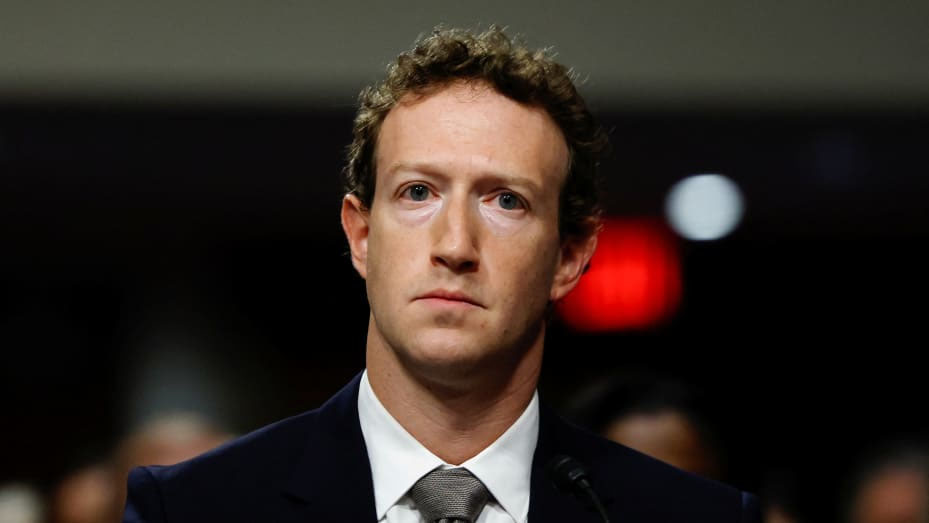Photo Credit: Getty Images
Meta CEO Mark Zuckerberg and Spotify CEO Daniel Ek have joined forces to criticize the European Union's approach to regulating artificial intelligence. The tech leaders argue that overly complex rules are stifling innovation and hampering the development of open-source AI in Europe.
In a joint opinion piece published in The Economist on August 23, 2024, Zuckerberg and Ek called for simpler, more unified regulations that would allow Europe to leverage its "single but diverse market" advantage. They view open-source AI as a crucial opportunity for European organizations to adopt cutting-edge technologies and counter the dominance of AI by a select few large companies.
"Following the current path, Europe will miss this generational opportunity," the CEOs warned. "Europe needs a new approach, with clearer policies and more consistent enforcement."
The EU's AI Act, while providing some exemptions for open-source AI systems, still imposes significant restrictions. According to the Center for Data Innovation, these exemptions do not apply to companies profiting from their open-source products. Furthermore, open-source models deemed systemic risks must provide technical documentation, a requirement that could deter innovation.
Critics argue that the Act fails to promote true transparency in datasets for open-source AI. While information about training data must be submitted to the AI Office, it is not made public. This lack of transparency has raised concerns among industry experts.
Meta's own attempts to collect European user data for AI training without explicit consent have previously been thwarted, highlighting the ongoing tension between tech companies and EU regulators.
Zuckerberg's strategic vision for open-source AI extends beyond regulatory concerns. In a recent podcast, he expressed willingness to release AI models worth up to $10 billion as open-source, provided they were safe and beneficial. This move aligns with Meta's ambitious goal of creating an AI operating system for the future, akin to Google's Android system for smartphones.
The debate over AI regulation in Europe is far from settled. While Zuckerberg and Ek's criticisms have gained attention, they are not alone in questioning the EU's approach. How these regulations will function in practice remains to be seen.
With billions of euros and the future of AI innovation at stake, the outcome of this regulatory tug-of-war will have far-reaching implications for the tech industry.


